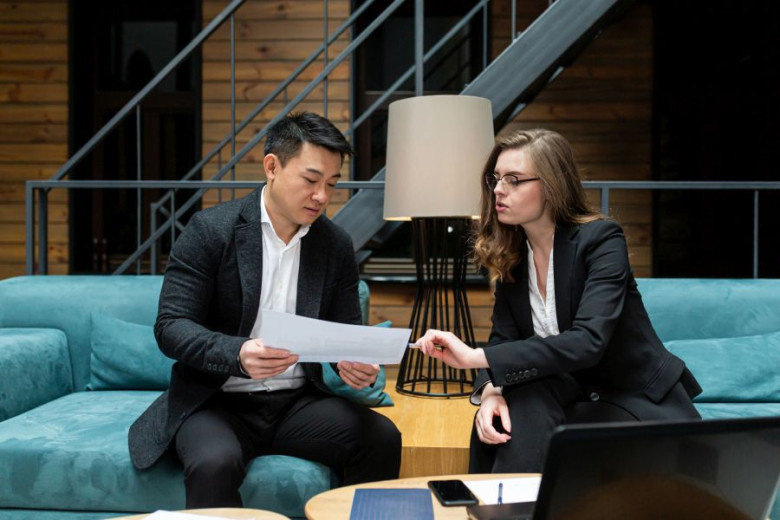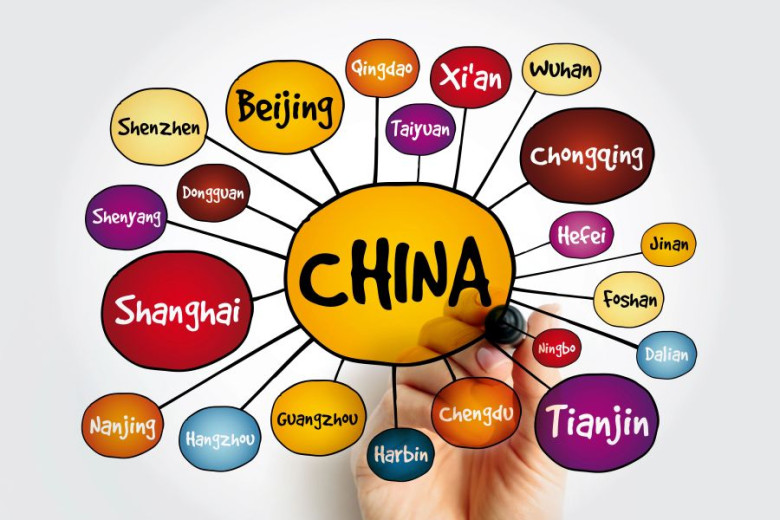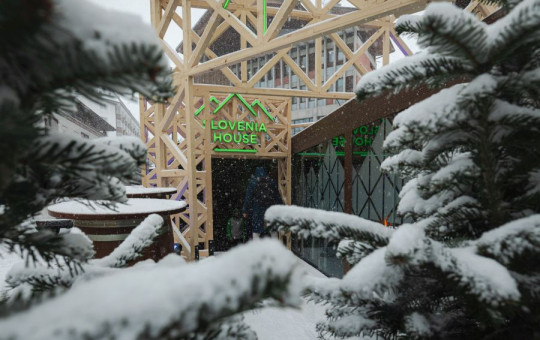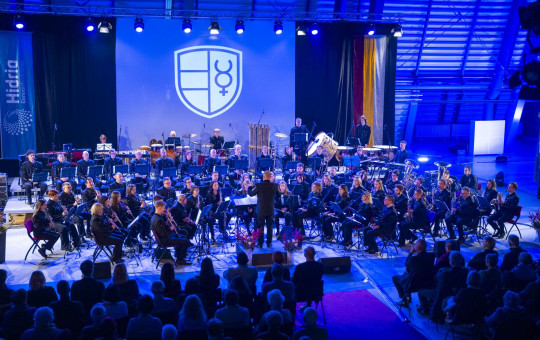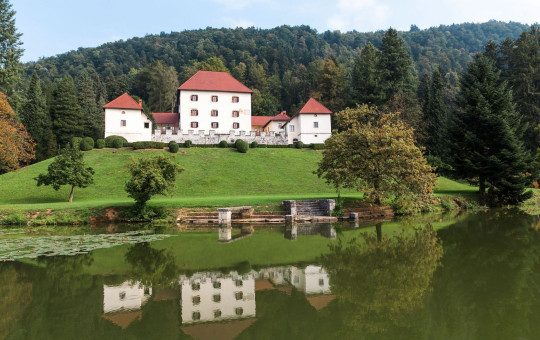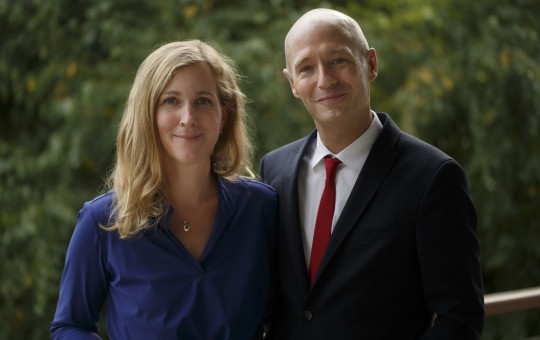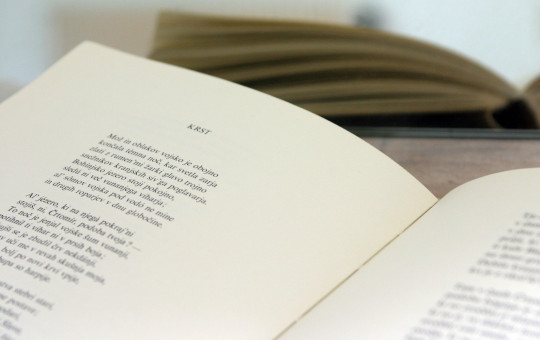Date: 17. May 2025
Time to read: 2 min
Cooperation between Slovenia and China has a long and multifaceted history that dates back well before the official establishment of diplomatic relations. As a result, Slovenia has earned a special place at the international Ningbo Expo fair in the Zhejiang region of China, where the Republic of Slovenia will appear as the guest of honour.
Slovenia will be represented at the fair with two pavilions – a national pavilion, dedicated to promoting technologies and innovations, natural beauty, cultural heritage, tourism, and investment opportunities, and a commercial pavilion, where Slovenian companies from sectors such as food, sports, technology, and other industries will present their products and services.
Exporting to China presents an extraordinary business opportunity for Slovenian companies, as the Chinese market, with over 1.4 billion people, is the largest consumer market in the world.
In China, trust and the building of long-term relationships – known as guanxi – are key values. This concept goes beyond conventional networking by emphasizing mutual benefit and personal commitment.
In fact, 85% of Chinese companies prefer to do business with partners they have a personal relationship with, which demands regular meetings and long-term dialogue.
Therefore, trade fairs like Ningbo Expo and B2B meetings are essential for establishing and nurturing business ties with China.
Slovenian companies offering value-added products, such as food products, pharmaceuticals, or advanced technologies, have a significant opportunity in this context.
Furthermore, China is heavily investing in digitalization and is a global leader in e-commerce, which accounts for over 25% of total retail sales. This creates opportunities for Slovenian companies to leverage digital sales platforms like Alibaba, JD.com, or WeChat for faster market entry.
Establishment of Diplomatic Relations
Slovenia and China officially established diplomatic relations on May 12, 1992, and China was one of the first major powers to recognize Slovenia’s independence. Since then, political dialogue has been ongoing at various levels, including presidential and ministerial visits, and diplomatic exchanges within multilateral platforms.
Slovenia consistently supports the One China Policy, while China expresses respect for Slovenia’s sovereignty. Both countries strive for a constructive and balanced relationship based on shared interests.
A notable but often overlooked aspect of the historical ties between the two nations is the contribution of Slovenian individuals who left a significant cultural and scientific legacy in China:
- Ferdinand Augustin Hallerstein (1703–1774), a Jesuit missionary, astronomer, and cartographer from Vipava, served as the head of the Imperial Astronomical Office at the court of Emperor Qianlong. His work in astronomy, cartography, and mathematics contributed to China's scientific advancement in the 18th century, acting as a bridge between European science and Chinese scholarship.
- Alma M. Karlin (1889–1950), a world traveler, polyglot, and writer from Celje, traveled extensively through China in the 1920s. She documented her experiences and cultural observations in numerous essays, travelogues, and novels. Her work is valuable for understanding early Western perceptions of China.
- Slovenian missionaries such as Andrej Kmet and Anton Lorbek, active in the 19th century in southwestern China and Sichuan, built schools, orphanages, and hospitals, promoting education and basic healthcare.
These individuals served as cultural bridges between Europe and China, and their legacies provide invaluable insight into historical interactions far beyond diplomatic halls.
-
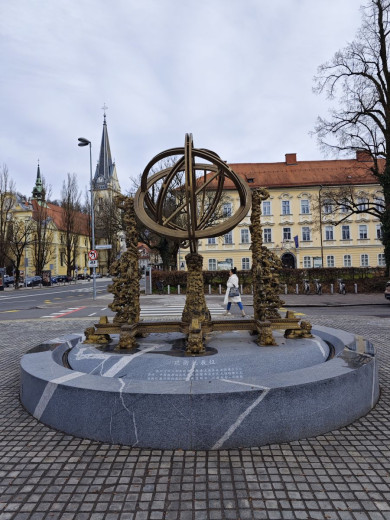 Ljubljana received a gift from the People’s Republic of China – a replica of an astronomical observatory originally designed by the Slovenian Jesuit, astronomer, and diplomat Ferdinand Avguštin Hallerstein (1703–1774) during the Qing dynasty. Photo: Lili Pušnik/STA
Ljubljana received a gift from the People’s Republic of China – a replica of an astronomical observatory originally designed by the Slovenian Jesuit, astronomer, and diplomat Ferdinand Avguštin Hallerstein (1703–1774) during the Qing dynasty. Photo: Lili Pušnik/STA
-
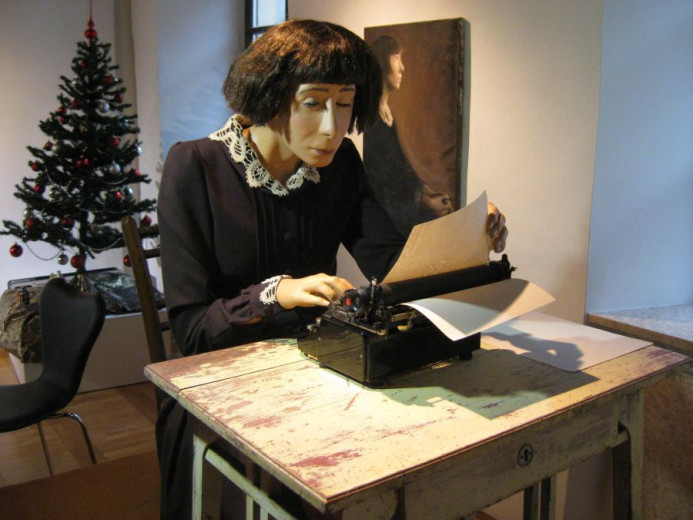 A writter Alma Karlin. Photo: Lili Pušnik/STA
A writter Alma Karlin. Photo: Lili Pušnik/STA
Economic Cooperation and Modern Platforms
Economic relations form one of the key pillars of modern cooperation. In recent years, trade exchange has grown significantly, especially in the sectors of pharmaceuticals, automotive industry, logistics, and technology.
A major milestone was the acquisition of Gorenje by the Chinese technology giant Hisense in 2018 – one of the most significant direct Chinese investments in Slovenia.
The Slovenian-Chinese Business Council (SCBC), operating under the Chamber of Commerce and Industry of Slovenia (CCIS), plays a vital role in steering and supporting economic cooperation. Established in 2020, the SCBC now has over 70 members – companies, individuals, and strategic partners aiming to strengthen their presence in the rapidly developing Chinese market.
The SCBC provides targeted support to companies entering the market, from understanding Chinese legislation and business culture to establishing sustainable partnerships.
Each year, the CCIS organizes at least two economic delegations to China and hosts numerous Chinese business delegations in Slovenia.
In addition, SCBC regularly holds meetings with embassies, educational events, and networking opportunities to facilitate the formation of concrete business links. It is part of the broader network of business councils of the CCIS that supports internationalization and provides access to opportunities, expertise, and operational support.
Strengthening Mutual Understanding
In parallel with economic cooperation, cultural and scientific exchanges are also flourishing. The Confucius Institute operates in Ljubljana, and many Slovenian universities collaborate with Chinese higher education institutions.
Student exchanges, joint research, and artistic collaborations enhance mutual understanding and foster new forms of cooperation.
-
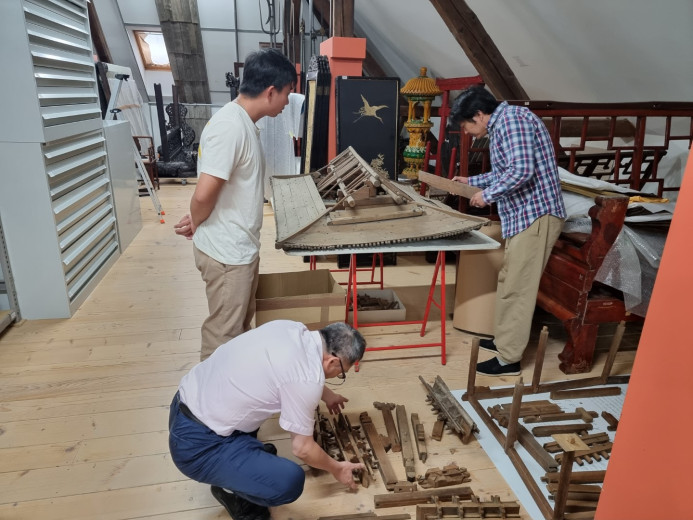 In 2023, the Slovenian Ethnographic Museum and the restoration teams of the Forbidden City – Palace Museum began cooperation in restoration. In 1963, the SEM acquired the most important and extensive Chinese collection in Slovenia, the property of Ivan Skušek Jr. and his Japanese wife Tsuneko Kondo Kawase. Restoration efforts included wooden decorative panels and a model of a Chinese house from this collection. Photo: SEM archive
In 2023, the Slovenian Ethnographic Museum and the restoration teams of the Forbidden City – Palace Museum began cooperation in restoration. In 1963, the SEM acquired the most important and extensive Chinese collection in Slovenia, the property of Ivan Skušek Jr. and his Japanese wife Tsuneko Kondo Kawase. Restoration efforts included wooden decorative panels and a model of a Chinese house from this collection. Photo: SEM archive

